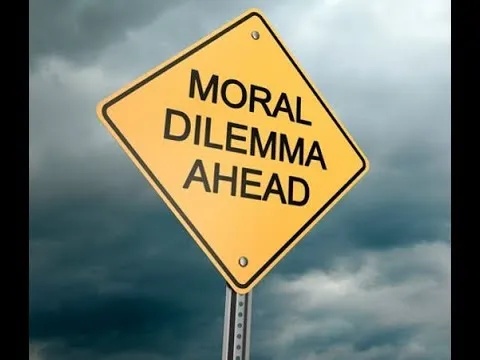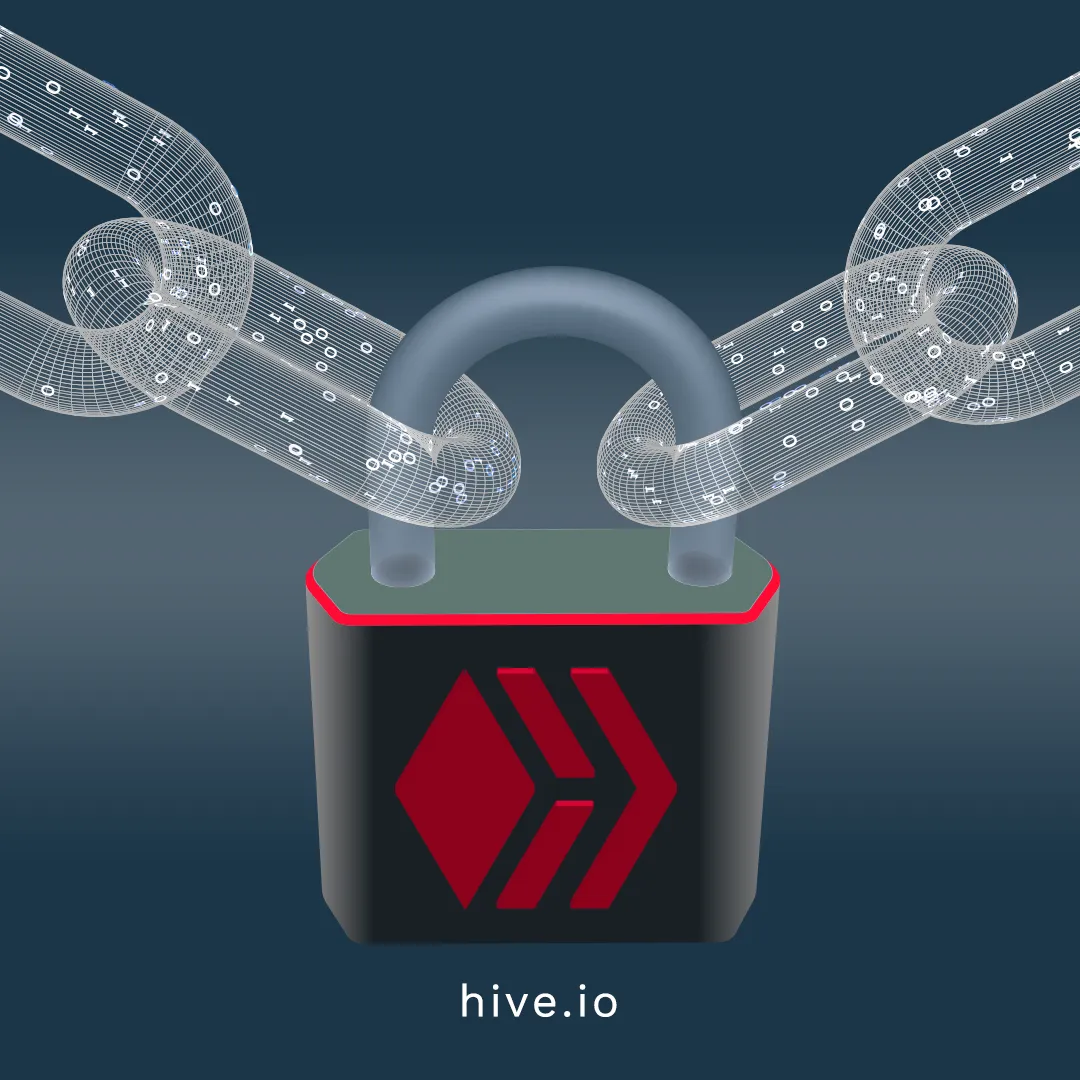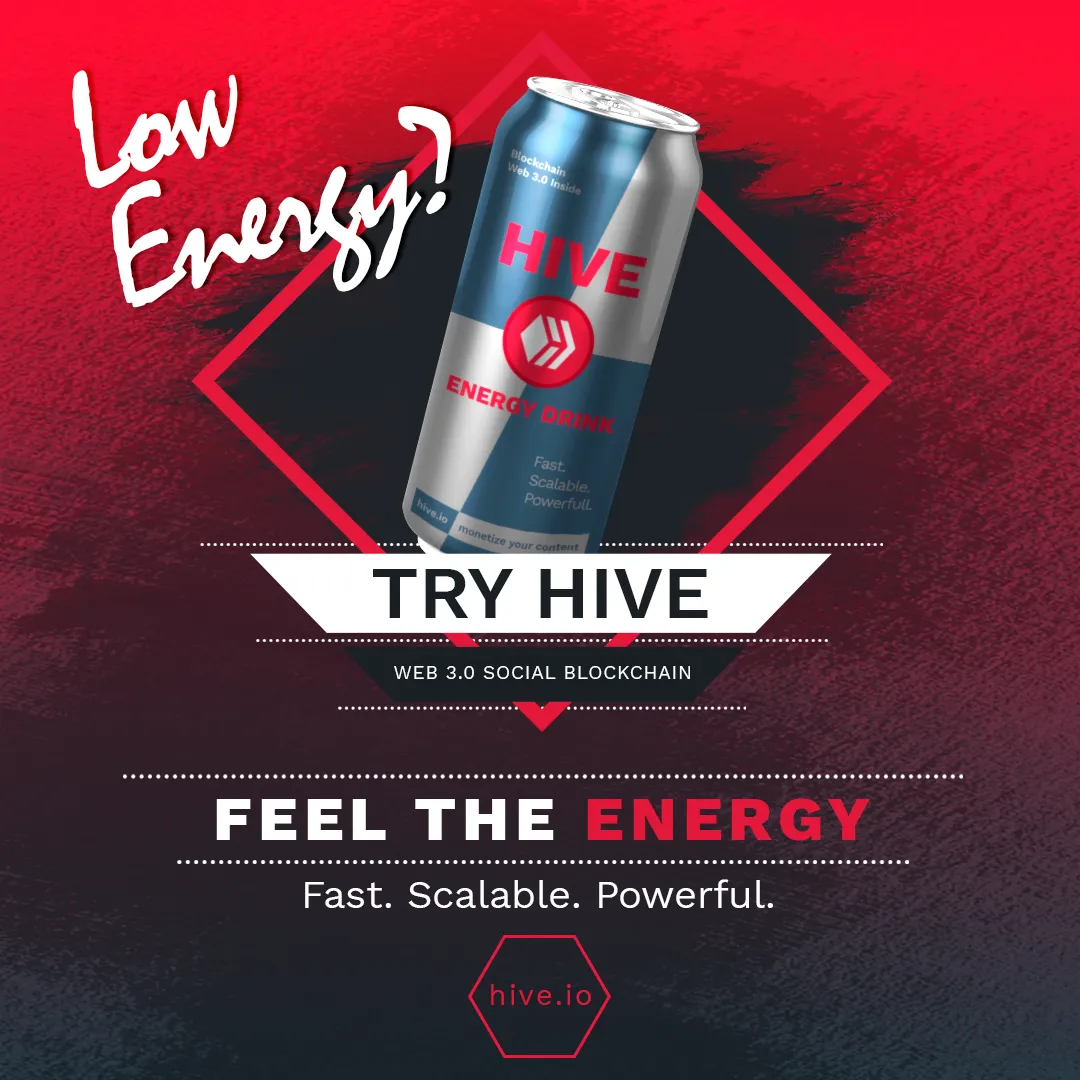
The idea of being right or wrong is something that goes back to pre-political times. This fact is something overlooked at all times when people refer to Natural Rights, and Mises Institute has raises some questions regarding this ethical boundary.
The autonomous person and the state's strawman, are the 2 commonly acknowledged forms of Natural Rights a person can have. The core of the situation is that Objectivists regard Intellectual Property as an essential right, and the state's strawman on the contrary would be allowed Intellectual Property rights only with permission from the State governing that mans affairs.
There are many fallacies to both sides of this debate, and the topic will likely need to be further researched for mankind to fully grasp his own Natural Rights in the brave new world he has made for himself.
According to the argument I wish to examine, pre-political rights make no sense because there are no ways to define the boundaries of these rights. If each person is a self-owner, when does self-ownership begin? Are children self-owners? What about abortion—is a woman, as the owner of her body, entitled to abort a baby she doesn’t want? What are the permissible limits of self-defense? Is your right to life entirely negative, i.e., other people must not use force against you, or threaten you with force, unless you have aggressed against them, or do you in some cases have the right to the aid of other people to preserve your life? If you are accused of a crime, what (if any) rights do you have to be tried by fair procedures? The questions multiply when we reach property rights. What is the correct principle of initial acquisition? What about intellectual property?
Further Reading
https://mises.org/library/are-there-any-limits-natural-rights

| @non-partisan ~ | For News and Current Events | Without a Political Bias |
|---|---|---|
 |  |  |
| Hive Blockchain Social Network | Censorship Resistant Media | Join Hive Today. |